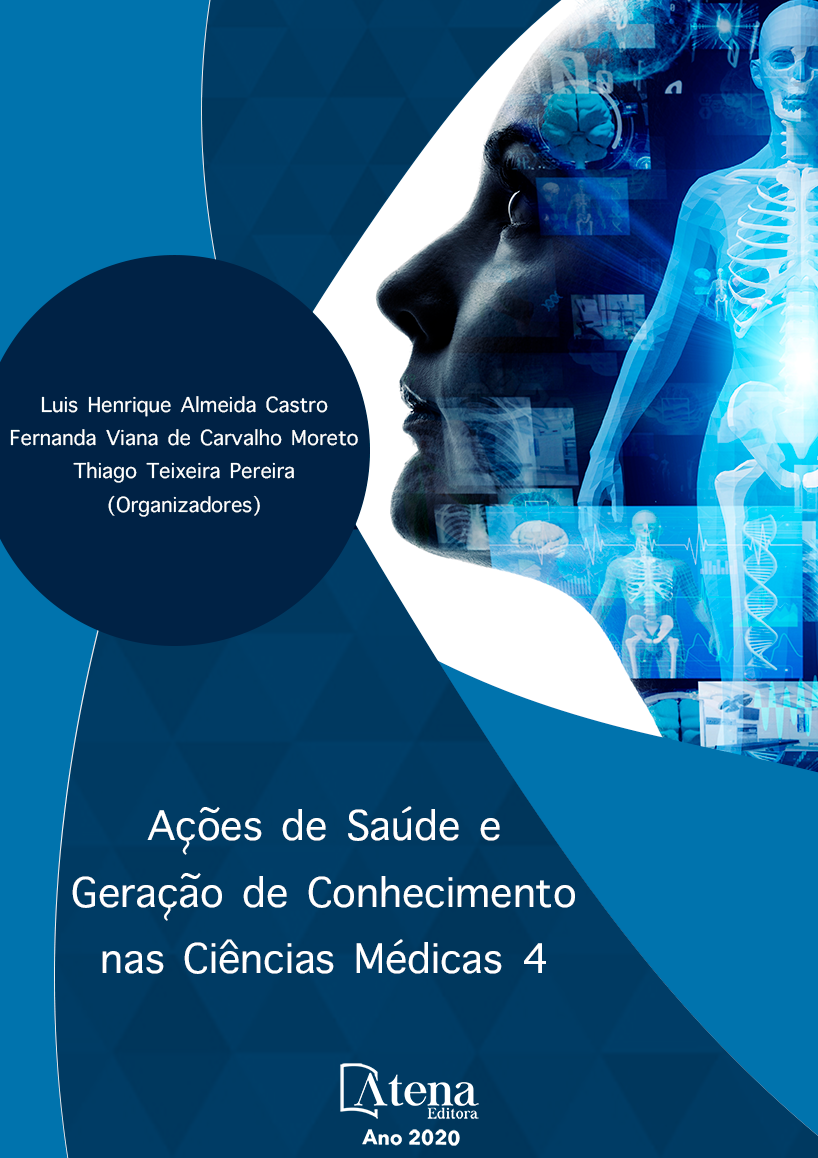
CONHECIMENTO DE GESTANTES ATENDIDAS POR UMA EQUIPE DE SAÚDE DA FAMÍLIA SOBRE O ALEITAMENTO MATERNO EXCLUSIVO
RESUMO: Objetivo: Verificar o conhecimento das gestantes de uma equipe de saúde da família sobre o aleitamento materno exclusivo. Metodologia: Tratou-se de uma pesquisa transversal, envolvendo gestantes cadastradas em uma equipe da Estratégia de Saúde da Família, do município de Várzea Alegre, Ceará, no período de novembro a dezembro de 2019. A amostra foi composta por gestantes em acompanhamento pré-natal no período de coleta, sendo excluídas as não alfabetizadas e apresentassem alguma dificuldade cognitiva que pudesse inviabilizar as respostas aos questionamentos. Os dados foram coletados após as consultas de pré-natal, sendo utilizado um questionário estruturado e validado sobre aleitamento materno exclusivo além de informações relacionadas à caracterização socioeconômica. Resultados: Um total de 13 gestantes responderam aos questionários, sendo demonstrada dúvida sobre o tempo ideal para ofertar aleitamento materno exclusivo. No entanto, a maioria (n=7, 53,8%) relatou que o período necessário à amamentação exclusiva é até o 6º mês de vida. Por outro lado, 30,7% (n=4) afirmaram ser correto o período maior que 6 meses, e 15,3% (n=2) um período menor que 6 meses. Sobre as vantagens da amamentação para criança, as mais relatadas foram a oferta de imunidade (n=10, 76,9%) e a melhor absorção do leite materno quando comparado a outros alimentos (n=13, 100%). Os benefícios acerca da prevenção de alergias e da proteção contra o desenvolvimento de obesidade e diabetes foram identificados apenas por 53,8% (n=7), 46,1% (n=6) e 38,4% (n=5) das gestantes, respectivamente. Considerações finais: Apesar da maioria das gestantes apresentarem conhecimento sobre as vantagens do aleitamento materno exclusivo para mãe e criança, ainda persistem dúvidas sobre a técnica a ser aplicada satisfatoriamente. Deve-se salientar a importância de ações de educação e apoio à amamentação por parte das equipes de saúde da família desde o pré-natal até o sexto mês de vida para otimização desta prática.
CONHECIMENTO DE GESTANTES ATENDIDAS POR UMA EQUIPE DE SAÚDE DA FAMÍLIA SOBRE O ALEITAMENTO MATERNO EXCLUSIVO
-
DOI: 10.22533/at.ed.1042028073
-
Palavras-chave: Aleitamento materno; Lactentes; Gestantes.
-
Keywords: Breastfeeding; Infants; Pregnant women.
-
Abstract:
ABSTRACT: Objective: To verify the knowledge of pregnant women of a family health team about exclusive breastfeeding. Methodology: This was a cross-sectional study, involving pregnant women registered with a Family Health Strategy team, in the municipality of Várzea Alegre, Ceará, from November to December 2019. The sample was composed of pregnant women who were doing of prenatal care during the collection period, excluding those who are not literate as well as those who have some cognitive difficulty that could make the answers to the questions unfeasible. Data were collected on the days of prenatal consultation, using a structured and validated questionnaire on exclusive breastfeeding, in addition to information related to socioeconomic characterization. Results: A total of 13 pregnant women answered the questionnaires, and it was demonstrated that the ideal period for exclusive breastfeeding is still a doubt for some of them. However, the majority (n = 7, 53.8%) reported that the period necessary for exclusive breastfeeding to take place is up until to the 6th month of life. On the other hand, 30.7% (n = 4) stated that the period longer than 6 months was correct, and 15.3% (n = 2) a period shorter than 6 months. Regarding the advantages of breastfeeding for the baby, the most reported variables were the offer of immunity (n = 10, 76.9%) and the better absorption of breast milk when compared to other foods (n = 13, 100%). The benefits of preventing allergies and protecting against the development of obesity and diabetes were identified only by 53.8% (n = 7), 46.1% (n = 6) and 38.4% (n = 5) of pregnant women, respectively. Final considerations: Although most pregnant women have knowledge about the advantages of exclusive breastfeeding for mothers and children, they have doubts about the technique to be applied satisfactorily. It should be noted the importance of education and breastfeeding support by family health teams from prenatal to the sixth month of life to optimize the practice of exclusive breastfeeding.
-
Número de páginas: 19
- Eliane Pereira de Morais
- Débora de Menezes Dantas
- Gabriela Lucena Calixto
- Carla Mikevely de Sena Bastos
- Cicero Pedro da Silva Júnior
- Isaac Moura Araújo
- Dayanne Rakelly de Oliveira
- Rachel de Sá Barreto Luna Callou Cruz
- Luis Pereira-de-Morais


